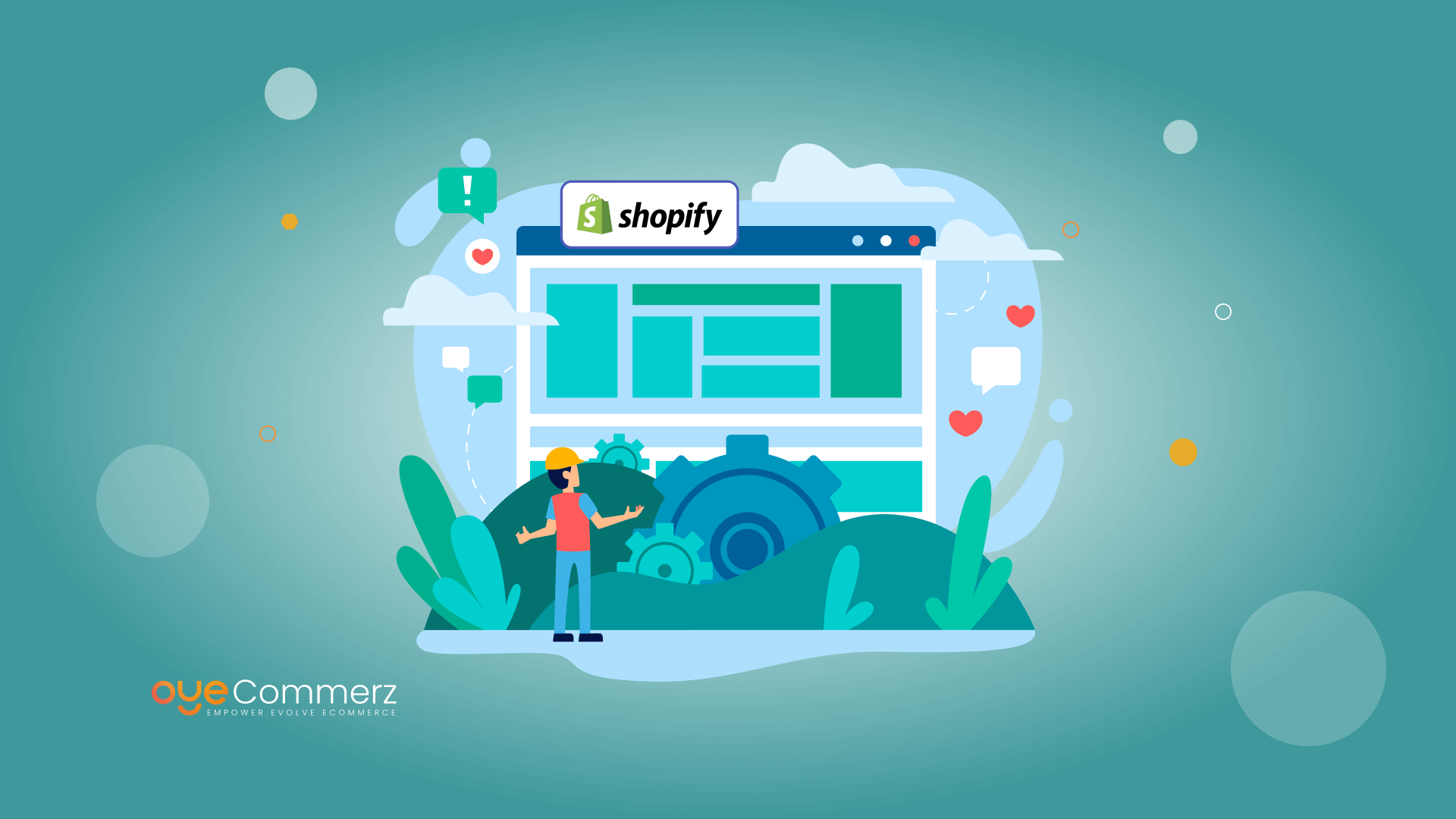Introduction
In the current competitive e-commerce landscape, differentiating is paramount, and one of the best ways to differentiate a Shopify store is through custom app development. A well-built Shopify app can enhance store functionality, simplify processes, and boost customer interaction. This guide explores essential aspects of Shopify app development, from API integration to scaling strategies and promotion methods, offering a roadmap for businesses looking for superior store performance.
Why Shopify API Integration Matters
Shopify’s API provides powerful tools to customize and expand store functionalities. With GraphQL and REST APIs, developers can retrieve information to create apps that manage inventory control, order processing, and customer information management smoothly. Using Shopify’s API can enable improved workflow automation and allows stores to serve customers more effectively.
Adopting the Polaris Design System
Shopify’s Polaris is Shopify's design system for designing intuitive and accessible Shopify apps. By adhering to Polaris principles, developers ensure that apps integrate smoothly within the Shopify Admin interface. This provides a cohesive look and feel that appeals to Shopify merchants, encouraging ease of use and comfort for merchants using your tailored app.
Navigating the Shopify App Ecosystem
The Shopify app ecosystem provides numerous opportunities for improving online stores. From managing fulfillment processes to increasing customer interaction, apps in this ecosystem are designed to meet diverse business needs. Learning about this system helps developers in identifying unique app opportunities and enables seamless integration of third-party services that add value to the store.
Building Embedded Shopify Apps
Embedded apps integrate directly within the Shopify Admin, allowing a seamless experience for merchants. They allow merchants do not need to leave their Shopify control panel, streamlining their workflow. Using Shopify App Bridge and embedded app capabilities is a best practice for offering a unified, integrated user experience.
Leveraging Node.js and React for Shopify Development
Node.js and React have become top options for Shopify app development. This server-side framework enables efficient server-side applications, while React enables interactive and adaptive front-end design. Together, they offer an strong framework for creating speedy, scalable Shopify apps that improve store performance and customer interaction.
Utilizing Webhooks in Shopify Development
Webhooks allow real-time data updates between Shopify and an outside application. They initiate events such as new orders or stock changes and provide immediate alerts to your app. By utilizing webhooks, apps can deliver real-time insights for store owners, simplifying processes and boosting efficiency.
Engaging Customers Through Digital Marketing for Shopify Apps
To make a Shopify app successful, connecting Enhance Shopify performance with users is key. Using online marketing techniques like SEO, email marketing, and social outreach can drive app adoption. Additionally, designing apps with customer Customizing Shopify with embedded apps interaction as a focus (e.g., loyalty programs or personalized suggestions) boosts user retention and satisfaction.
Making Your Shopify App Scalable
As e-commerce stores expand, so do their technological needs. Making sure that your app can scale to handle higher usage, larger databases, and more advanced functionalities is essential. By improving server capacity and implementing scalable technologies, you can create apps that grow in parallel to a store’s success.
Essential Features and Maintenance for Shopify Apps
For an app to be effective, it should include key capabilities like user authentication, dashboard analytics, and customer support options. Ongoing app upkeep, including updates to fix bugs and compatibility checks with new Shopify functionalities, is important to maintain uninterrupted performance and avoid interruptions to merchant workflows.
Conclusion
Custom Shopify app development offers immense opportunities for e-commerce stores, providing the ability to improve store functionality, simplify operations, and foster customer loyalty. From integrating APIs to ensuring scalability and customer interaction, creating a Shopify app involves thoughtful preparation and well-planned actions. If you’re prepared to unlock your store’s full potential, a tailored Shopify application could be the perfect choice. What capabilities do you envision for your ideal app? Share your ideas and begin the journey to an optimized e-commerce experience!
